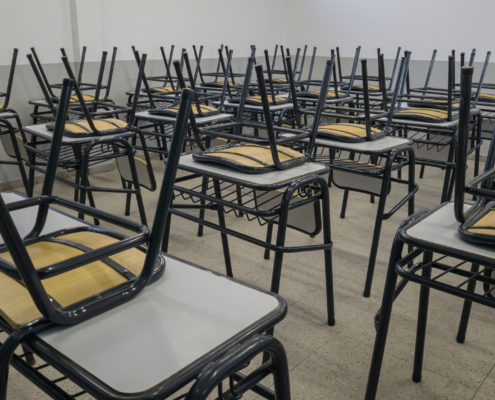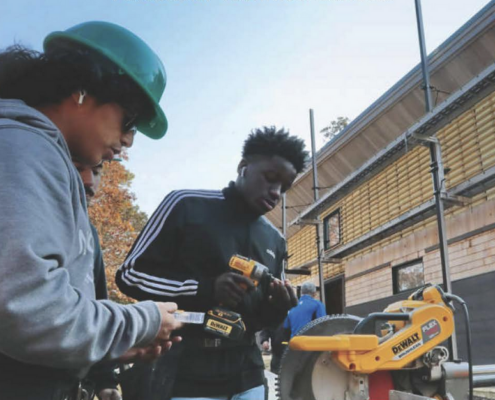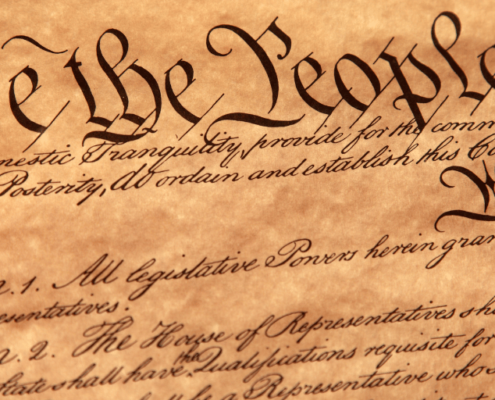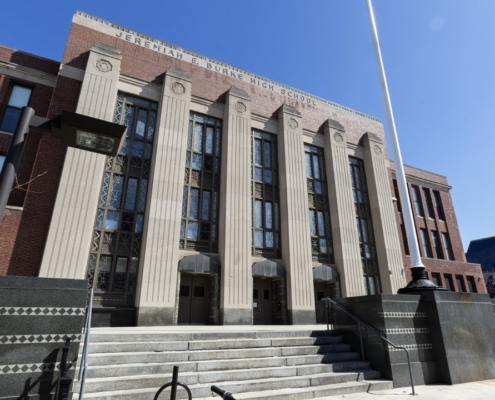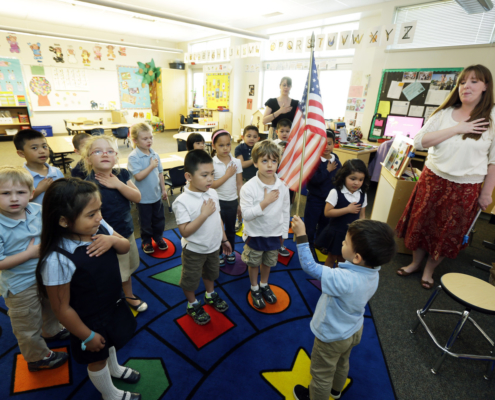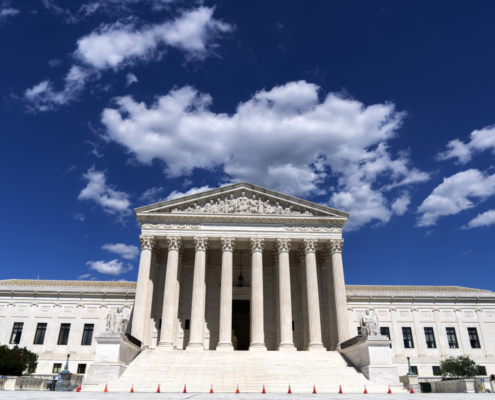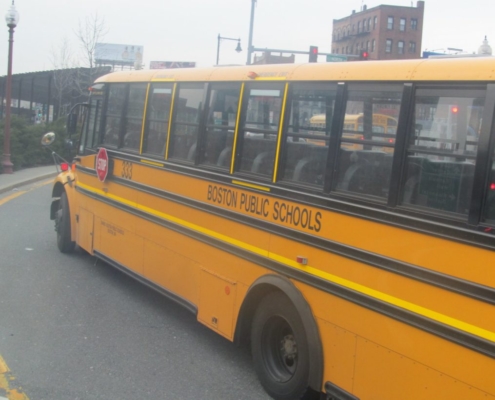Should the federal government provide free, universal child care?
This op-ed appeared in The Boston Globe.
 NO – Jamie Gass, Director of education research and policy at Pioneer Institute, a Boston-based think tank; Newton resident
NO – Jamie Gass, Director of education research and policy at Pioneer Institute, a Boston-based think tank; Newton resident
The states must “be considered as essential, component parts of the Union,” founding father Alexander Hamilton declared in 1788, “and therefore the idea of sacrificing the former to the latter is wholly inadmissible.”
Free, universal child care provided by the federal government would be contrary to the spirit of the Founders’ view of K-12 education as the constitutional domain of state and local governments. Nevertheless, in the 55 years since President Lyndon Johnson established the federal Head Start program, some policymakers have advocated for nationalizing early childhood education, in part as a way to help fight poverty.
A policy brief I helped co-author in May reveals that the federal government today provides approximately 69 preschool and early childhood education subsidies across 10 federal agencies, costing US taxpayers around $25 billion annually. The largest and most expensive of these programs is Head Start, which cost more than $10 billion in fiscal 2020, or $240 billion since 1965.
What are the results?
According to the 2019 National Assessment of Educational Progress, known as the “nation’s report card,” national fourth-grade reading scores were a mere three points higher than in 1992.
In 2012, the Department of Health and Human Services, which administers Head Start, released an updated rigorous study that tracked 5,000 3- and 4-year-old children through the end of third grade. It found that Head Start had little or no sustained impact on the cognitive development of the study’s participants.cq The findings show that the model for any federally driven early childhood education has failed spectacularly at fulfilling its own promises.
As the movie version of the popular Broadway musical “Hamilton” sweeps the nation, let’s recommit ourselves to the framers’ wisdom about education and federalism.
This could be accomplished by sunsetting Head Start and dozens of other federal early childhood education programs over the next decade. In the interim, they should be turned into block grants that would allow states to make preschool dollars portable to follow eligible children to the private provider of their choice. Finally, states could authorize more early-grade charter public schools to better serve the urban kids who are most in need of academic-quality early childhood education.
Get Updates on Our Education Research
Related Content:


